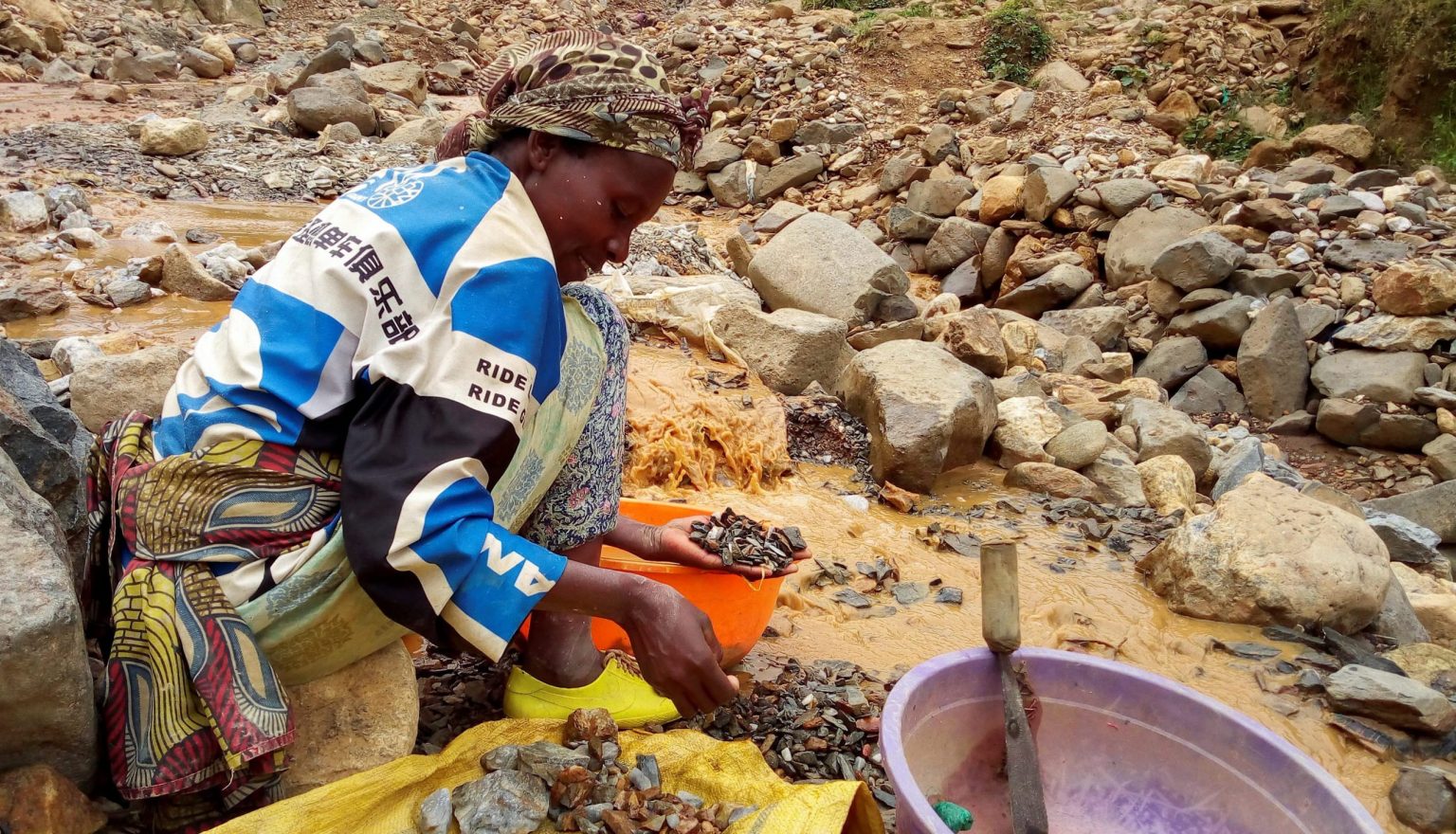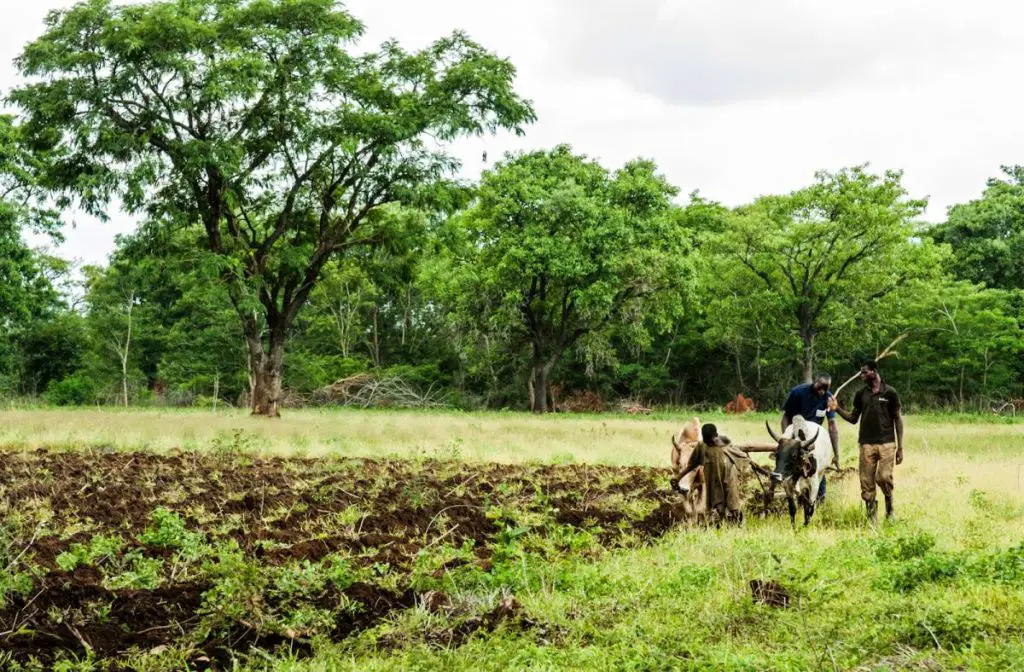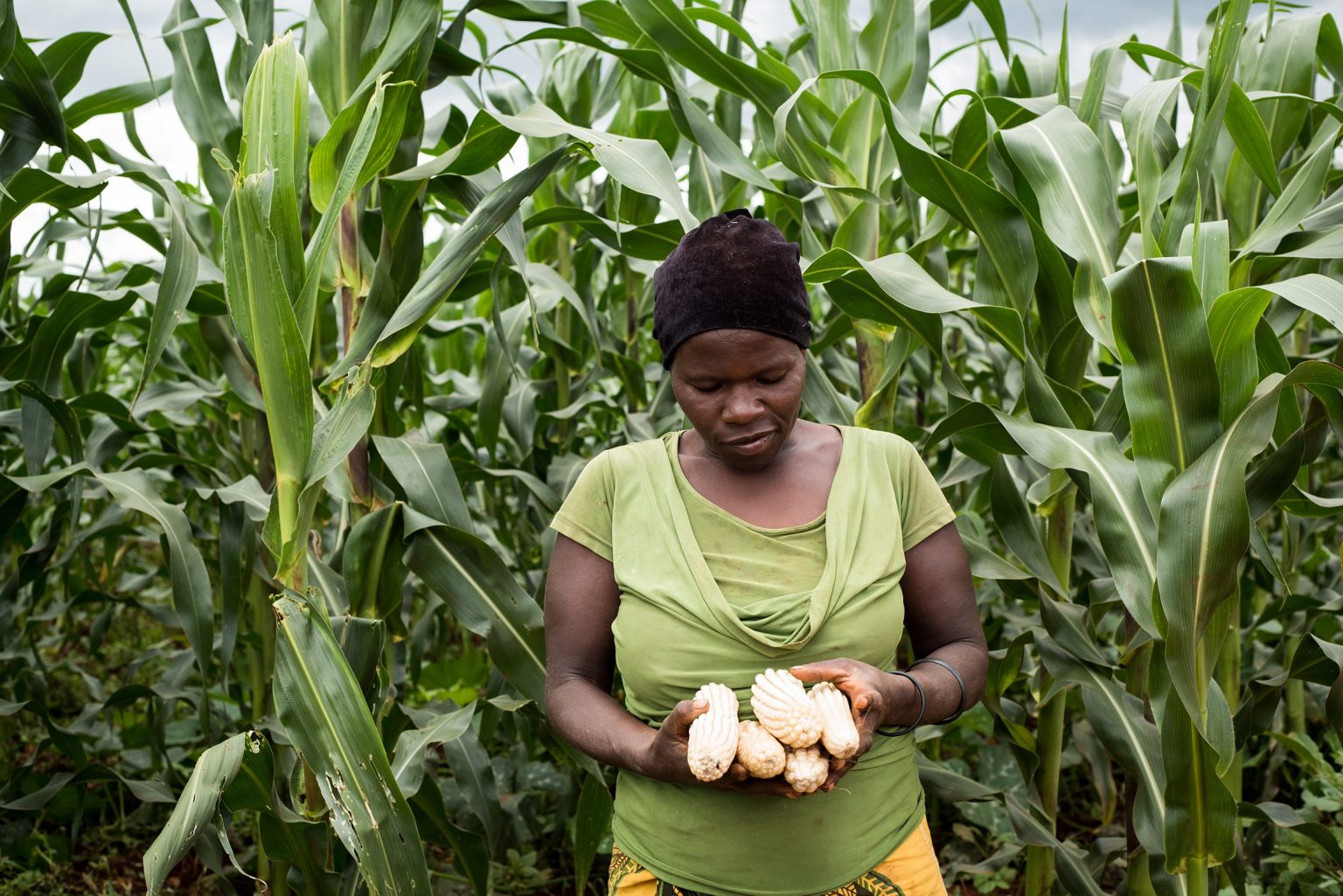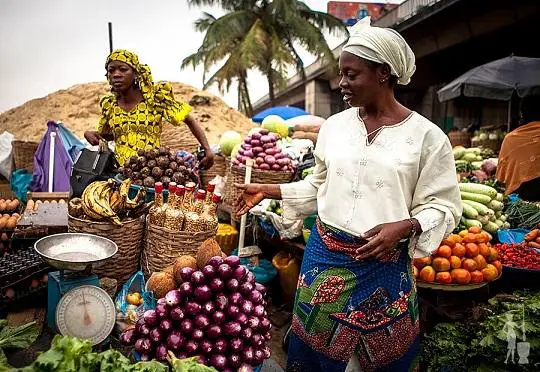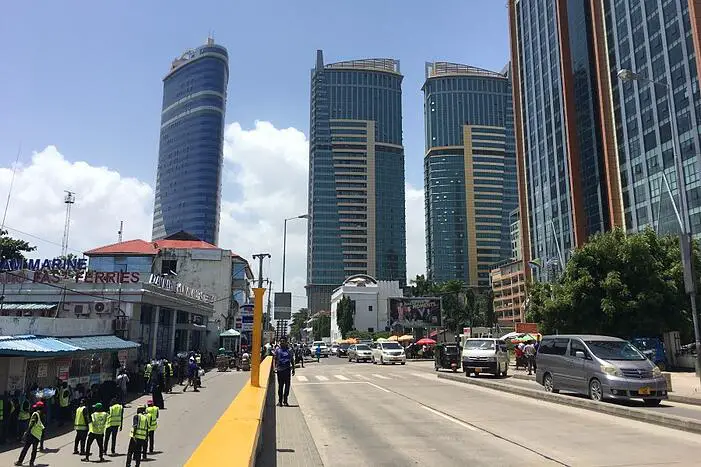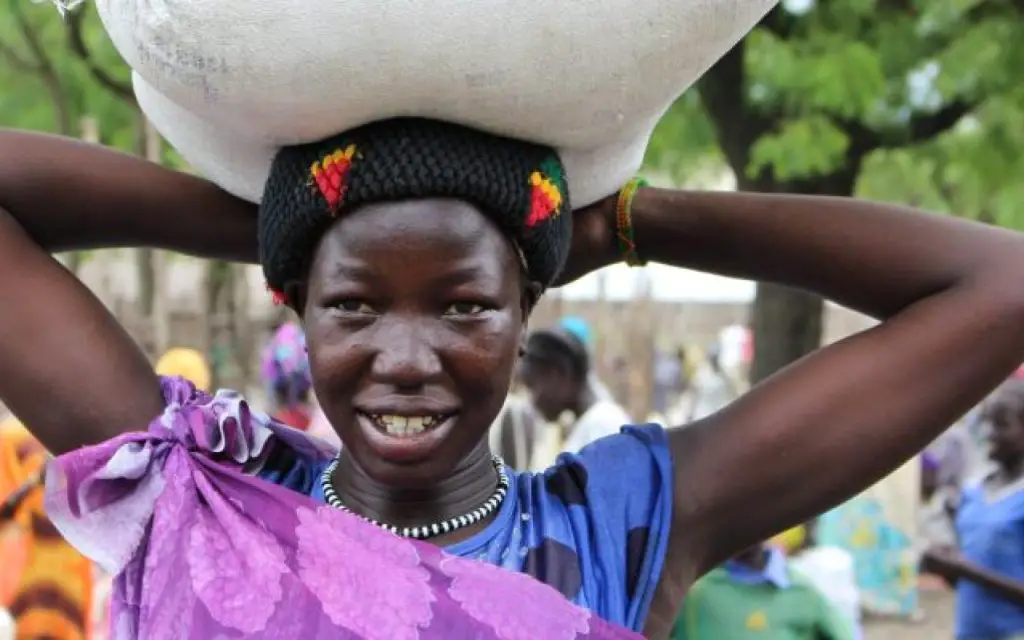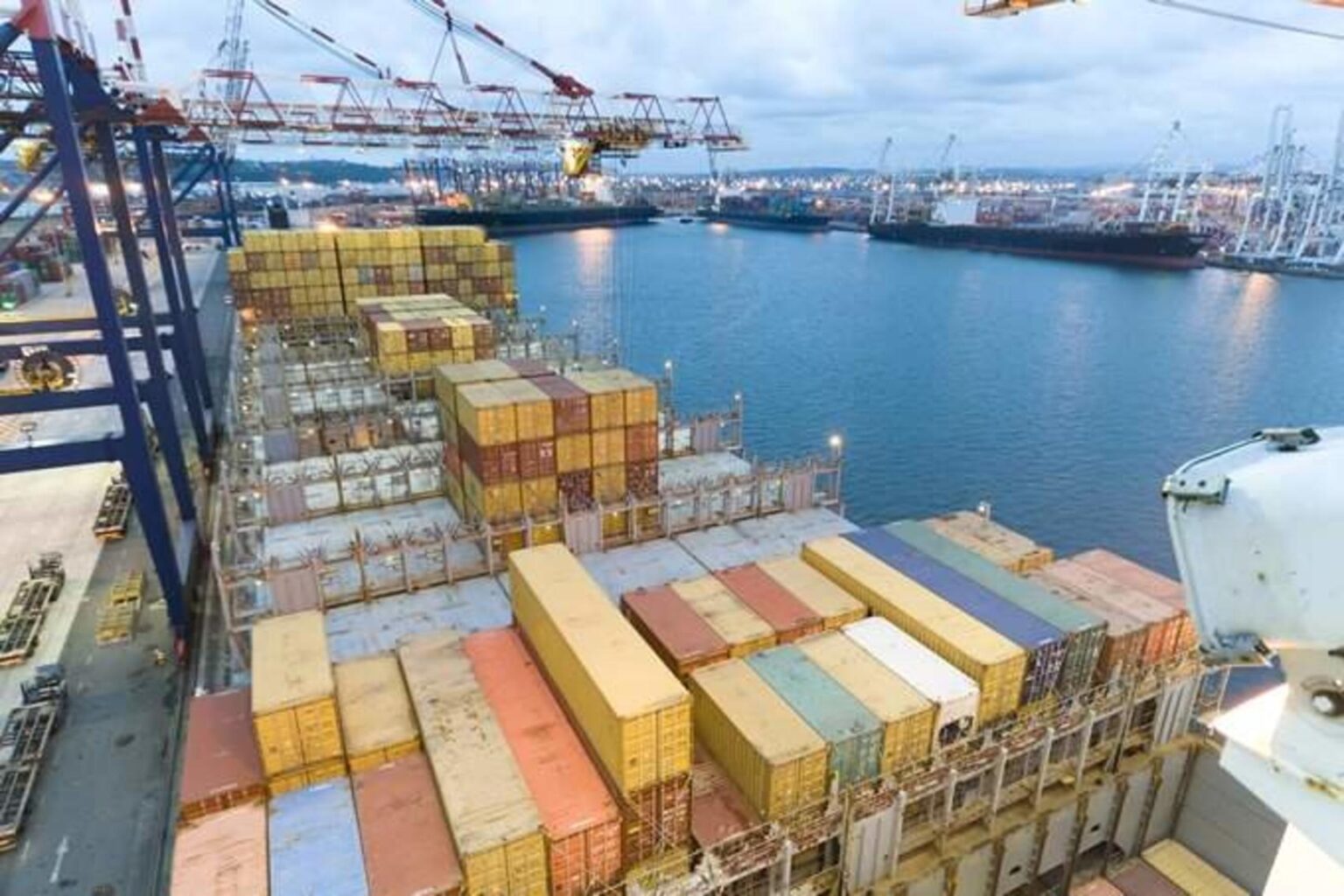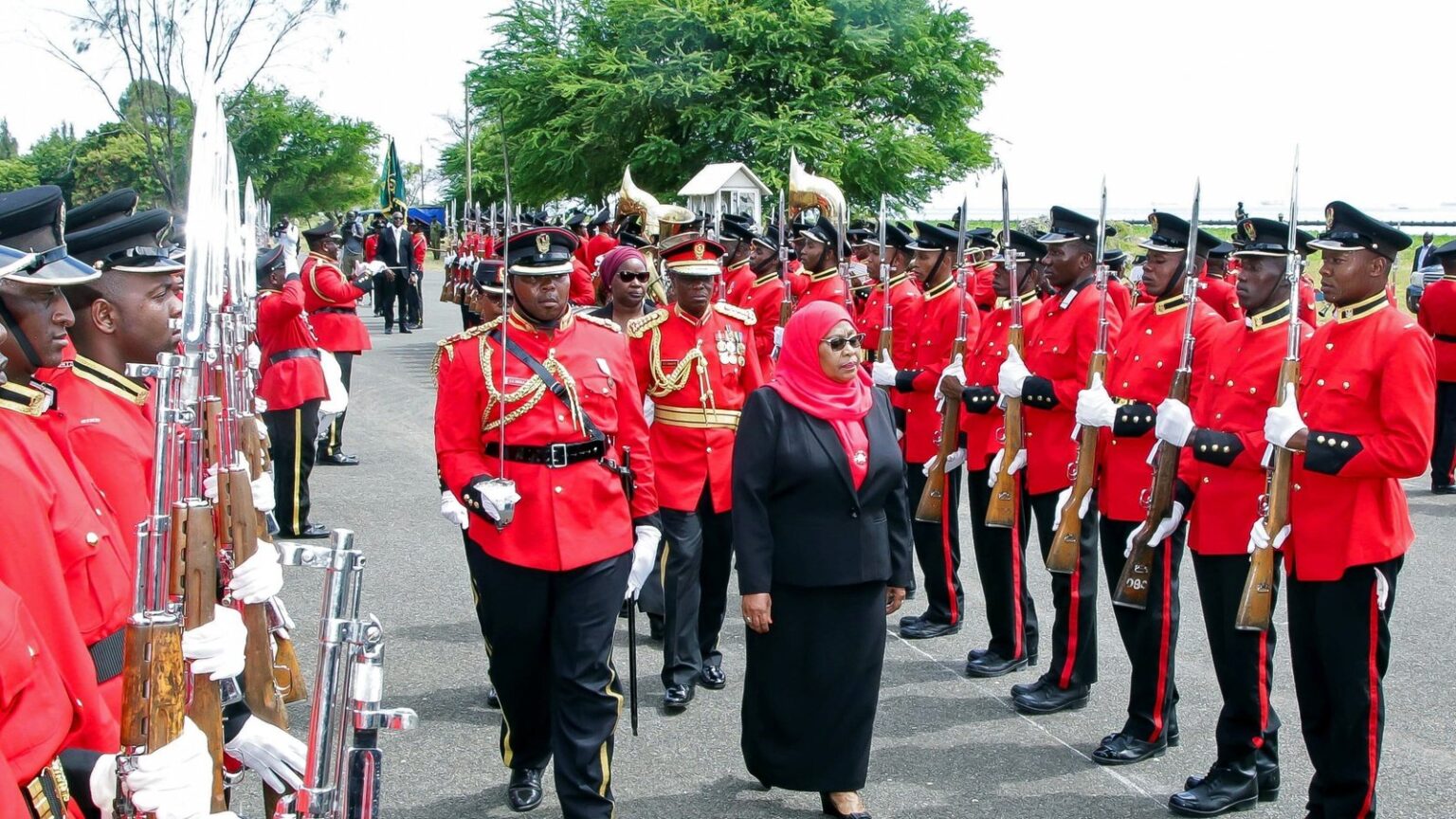- AI’s Dual Capacity and a Strategic Opportunity for African Peace and Security
- How African economies dealt with the 2025 debt maturity wall
- Africa’s Green Economy Summit 2026 readies pipeline of investment-ready green ventures
- East Africa banks on youth-led innovation to transform food systems sector
- The Washington Accords and Rwanda DRC Peace Deal
- Binance Junior, a crypto savings account targeting children and teens debuts in Africa
- African Union Agenda 2063 and the Conflicts Threatening “The Africa We Want”
- New HIV prevention drug is out — can ravaged African nations afford to miss it?
Author: Padili Mikomangwa
Padili Mikomangwa is an environmentalist based in Tanzania. . He is passionate about helping communities be aware of critical issues cutting across, environmental economics and natural resources management. He holds a bachelors degree in Geography and Environmental Studies from University of Dar es Salaam, Tanzania.
Angola has discovered demanded rare earth minerals for vehicles and wind-farms making Angola targets to become the largest diamond producer in the world by 2023 Gold production is another section Angola eyes to explore Angola is shaping the face of mining in Africa. It stands out as one of the continent’s most vibrant economies working towards diversifying its economy. As one of the leading energy producers on the continent, Angola has a unique potential for minerals mining as well. Angola is widely known for its vibrant diamond mining operations that pump life into its economy. Angola Exploration Mining Resources, FERRANGOL, Petril…
Cocoa is a signature cash-crop for Ivory Coast US Department of Agriculture slated to invest $61 million in Ivory Coast cashew nut Ivory Coast economy is forecasted to expand by 6.7 percent in 2022 Ivory Coast is one of Africa’s largest farms. More than 60 per cent of the national territory is dedicated as arable agricultural land. Ivory Coast is one of the largest economies in the West African Economic and Monetary Union, and agriculture is its backbone. Cocoa production is the blood pumping through the economic veins of the Ivory Coast. The West African nation is not only the largest producer…
Agriculture is contributes 23 percent of African GDP, Mckinsey 2019 At least 43.8 percent of people are employed in the agriculture sector Only 5-6 percent of arable land in Africa is irrigated Agriculture in Africa has not only an economic value but a cultural significance. It is time to transform the economy and lives of African farmers. Africa is home to nearly 60 percent of the world’s arable land. Over the past decade, African agriculture has faced a number of shocks which beg for technological transformation. Farming in Africa contributes greatly to the welfare of most rural-based populations. Despite the…
On a broader scale, the United Nations argued that sub-Saharan Africa loses $95 billion yearly because of the gender gap in the labour market.
Multiple entities are recording the contribution of women to the Tanzania economy, including the National Bureau of Statistics (NBS).
The NBS argue that 65 per cent of farmers are women and women head 33 per cent of households; political processes that promote women are mounting up over the decades.
Around 36 per cent of the national parliamentarians are women—however, legislative and financial barriers, as well as gender norms, hinder advancement.
On the other side of the fence, World Bank argues that Tanzania has made vital strides in expanding women’s economic opportunities over the past two decades.
“The female labour-force participation rate rose from 67 per cent in 2000 to 80 per cent in 2019, well above the average of 63 per cent for sub-Saharan Africa and among the highest rates on the continent.” World Bank report argues.
As Tanzania doubles down on improving the education sector and skills take up, ripples are observed in other related fields, employment.
Thanks to the credit extended by BoT, the private sector credit maintained a strong recovery pace, recording an annual growth of 10 per cent, the same as in the preceding month, and significantly higher than the 2.6 per cent recorded in January 2021.
The central bank report noted that accommodative monetary policy had catapulted good performance of the sector. Money supply growth was strong in January 2022 and consistent with the target of 10 per cent for 2021/2022.
“Extended broad money supply (M3) grew at an annual rate of 14.9 per cent compared with 15.5 per cent in the preceding month.”
The review unequivocally pointed out that the growth rate was more than twofold of the outturn in the corresponding period in 2021.
The food security situation is critical and demands international attention–which is lagging. According to Africa News, at least 400,000 tonnes of wheat won’t be sent to Sudan by the USA as promised in 2022.
The devastating impacts of civil conflicts, insecurity, drought have crippled Sudan’s food systems. The latter is responsible for displacing at least 1.9 million people across Sudan (UN).
The recent situation report by Reliefweb on Sudan food security reinforces the current trend of concern.
According to the report, displacement scenarios observed due to political instability affect agricultural operations significantly impacts cereal and non-cereal food prices.
As a gigantic energy superpower, Russia’s foreign direct investment (FDI) accounts for less than 1 per cent of Africa’s total FDI.
However, African Business argued that, with Russia being a small trading partner to Africa compared to the United States and China, the impact on trade would be marginal—yet few Africa developing economies such as Uganda will be more exposed.
Further, United Nations Conference on Trade and Development (UNCTAD) data show that Russia accounts for 2 to 3 per cent of Africa’s trade with the world—most of it is exports.
“Russia also accounts for 2 per cent of the world’s exports to Africa, and only 0.5 per cent imports from the continent” African Business.
More than 677,000 have fled Ukraine to Poland, Romania and other countries African students in Ukraine are facing racial discrimination at the border, reports say Around 20 per cent of student studying in Ukraine are African citizens Russia invaded Ukraine on 24 February Ukraine—as occupied with the war against Russian invasion, the European nation has been an investment partner to Africa for a while. Sadly, that relationship could be at risk as the ongoing crisis unearths troubling events detrimental to both sides, as Africans in Ukraine face hell. The first in Europe in proven recoverable reserves of uranium ores, Ukraine…
UNCTAD argued that in the fourth quarter of 2021, all major trading economies saw imports and exports rise well above pre-pandemic levels of 2019. Moreover, the report pointed out that trade in goods increased more strongly in developing countries than in developed ones.
It is essential to realize that Africa has more to tap into the intra-African trade, standing at around $21.9 billion, according to UNCTAD.
Further, exports of developing countries were about 30 per cent higher than during the same period in 2020, compared with 15 per cent for wealthier nations.
The UNCTAD report argued that growth spiked in commodity-exporting regions as commodity prices increased.
Tourism is one of key economic sectors championed by President Samia At present the economy stands at 5.2 per cent President Samia’s administration is pinning its efforts against the backdrop of the FYDP 2021/22-2025/26 Her Excellency, President Samia Suluhu Hassan, Tanzania’s 6th president, has the same dream as her predecessors did – that of making Tanzania a prosperous African powerhouse. Tanzania is not new to the ins and outs of development. It has demonstrated to the entire world it is up for a fight towards ascending to the top. In July 2021, the World Bank (WB) upgraded Tanzania’s economy from…





